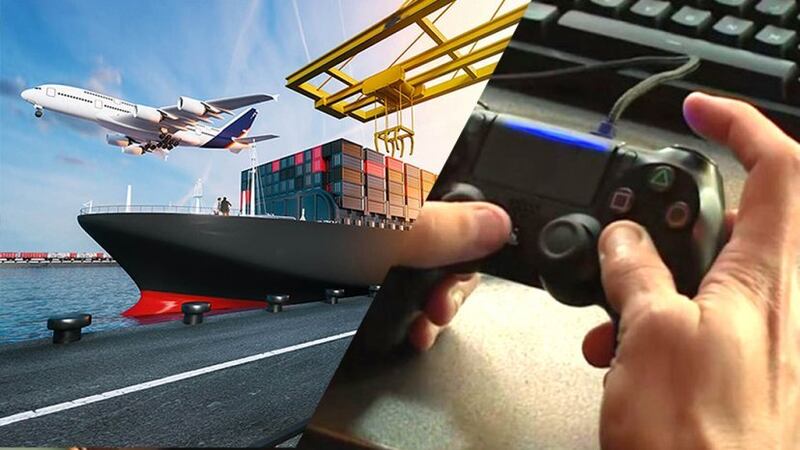A recent government research report has revealed evidence of discrimination and pay inequity within the freight and logistics sector.
"It's particularly Māori wāhine, Pacific women, and young people as well," says Hanga-Aro-Rau deputy chief executive Samantha McNaughton.
Hanga-Aro-Rau is one of six government-funded workforce development councils that commissioned the research.
The study discovered that while targeted training programmes have assisted in increasing the number of Māori in higher-skill roles to 27% of that workforce, the equivalent proportion for Pacific workers only grew by 3% in the past decade.
"There could be some cultural capability development work undertaken," McNaughton says.
"This is to ensure workplaces recognise the incredible contribution that Māori and Pasifika people are making, and also create an environment where they can thrive and prosper."
Gaming skills needed
The report also highlights that the industry is now seeking to attract gamers who possess the necessary skills required to operate the new automation, robotic, and drone technologies that are expected to be adopted in the future.
"It's a truly critical pathway to tap into for young people who enjoy gaming because they can actually pursue an amazing career in the logistics sector that can take them across the country and the world," McNaughton says.
The research findings will be presented at a summit on June 1, where employers, industry stakeholders, government representatives, and vocational education participants will collaborate on developing solutions to the sector's skills shortages and workforce development challenges.
"It is vital that Māori and Pasifika are leading these discussions," McNaughton says.
It is projected that within the next six years, approximately 18,000 skilled workers will be needed in Aotearoa.

